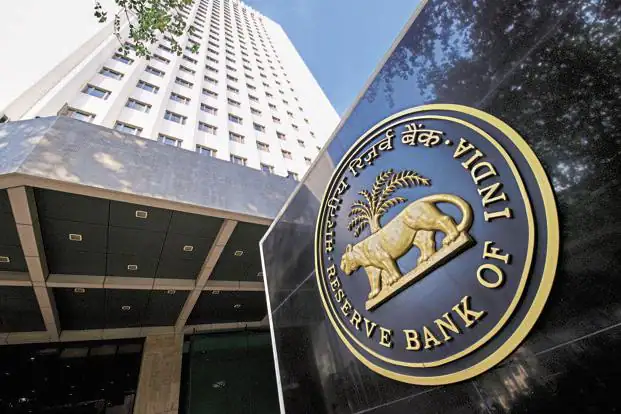Rama Krishna Sangem
All these times we heard of FDI (Foreign Direct Investment) coming into India. But, here’s a good news. India’s outward foreign direct investment (FDI) commitments rose to $3.24 billion in October 2024, up from $2.55 billion in October 2023.
However, sequentially, they declined from $3.77 billion in September 2024, according to data from the Reserve Bank of India (RBI). Outbound FDI, expressed as a financial commitment, comprises three components: equity, loans, and guarantees.
Equity commitments fell to $655.84 million in October 2024, compared with $993.35 million a year ago and $817.64 million recorded in September 2024. Debt commitments rose sharply to $1.24 billion in October 2024, up from $248.4 million in October 2023, and were also higher than the $1.16 billion in September 2024. Guarantees for overseas units remained flat at $1.33 billion in October 2024, compared with $1.31 billion a year ago, but were down from $1.79 billion in September 2024, RBI data showed.
New FPI-FDI rules bring in more funds
With the new operational framework for reclassifying foreign portfolio investors (FPI) as foreign direct investment (FDI) upon breaching the 10 per cent threshold, certain overseas funds are set to get more flexibility in their India investments, experts said.
There are around 17 companies listed on the National Stock Exchange (NSE) where a single FPI has holdings of up to 9 per cent, according to data provided by Primeinfobase. A majority of these are based out of popular jurisdiction destinations such as Mauritius and Singapore.
These investors, if they wish to take their holdings above 10 per cent in an investee company, will now also have the option to either divest stake or reclassify as FDI upon approval from the government.
“This relaxation meets one of the demands of certain funds which want to take a higher exposure in Indian companies especially mid-caps where the 10 per cent limit became restrictive. The enabling framework can now be implemented because the operational process has been specified,” said Rajesh Gandhi, partner, Deloitte.
While the norms for reclassification were already present in the Foreign Exchange Management Act (Fema), in absence of operational guidelines, industry players have maintained status quo. Earlier this week, the Reserve Bank of India (RBI) and Securities and Exchange Board of India (Sebi) issued the broad contours for FPI–FDI transition.
Outflow of Indian FDI shows the growing clout of our investors in the global MNCs and other funds.


